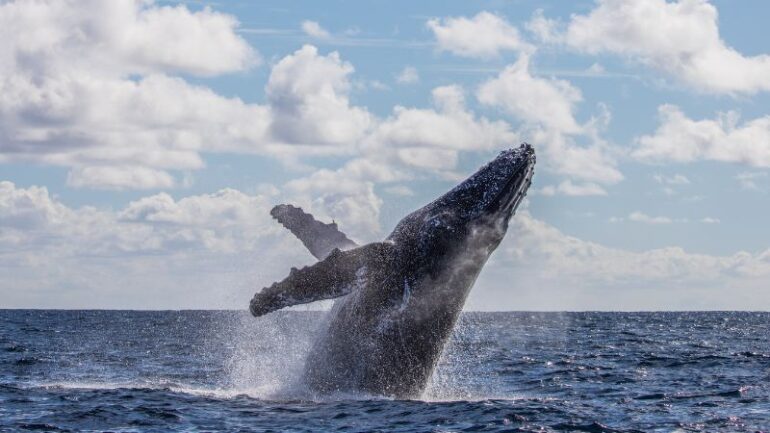It’s been another big month for science with some interesting things happening not just here on earth, but out in space.
Starting on earth, we have some bad news out of Antarctica. According to new research from the British Antarctic surveys, the Thwaites Glacier, nicknamed the Doomsday glacier, which is located on the west Antarctic ice sheet, knew vulnerabilities have been discovered on what may happen if the glacier melts.
According to experts, if the glacier is to melt, sea levels could rise by 65 centimetres over the next century.
“The lead author of this research told Cosmos that a one metre sea level rise in the year 2100 could potentially more than 400 million people,” Cosmos Magazine journalist Evrim Yazgin said.
“Even in Australia for example, sea level rise would cause inundation of low lying areas, coastal erosion and storm surges affecting coastal communities and eco systems, and it would put more than 200 billion dollars of infrastructure at risk.”
Evrim said the melting of the glacier would be due to “temperature increases”.
In better news, astronomers have discovered that Jupiter has 12 more moons. This brings the total amount of moons spinning around Jupiter to 92. Less than half of these moons are believed to be approximately 8km in diameter.
While new moons are being discovered around Jupiter, Saturn’s rings are set to show dark markings – known as spokes – which disappear during summer or the winter solstice. The rings are about to enter a new spokes season, with the next seasonal change expected in 2025. The spokes are set to be more visible until then.
In the ocean, experts have discovered that whales are doing far less singing during mating season and are instead opting to fight.
Apparently, this is due to a massive increase in the whale population from 200 humpback whales in the 1960’s to more than 27,000 in 2015 after whaling was abolished.
